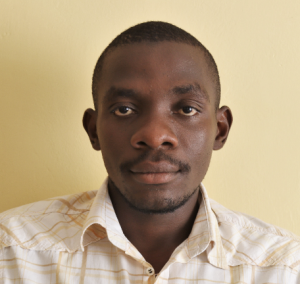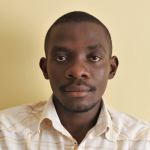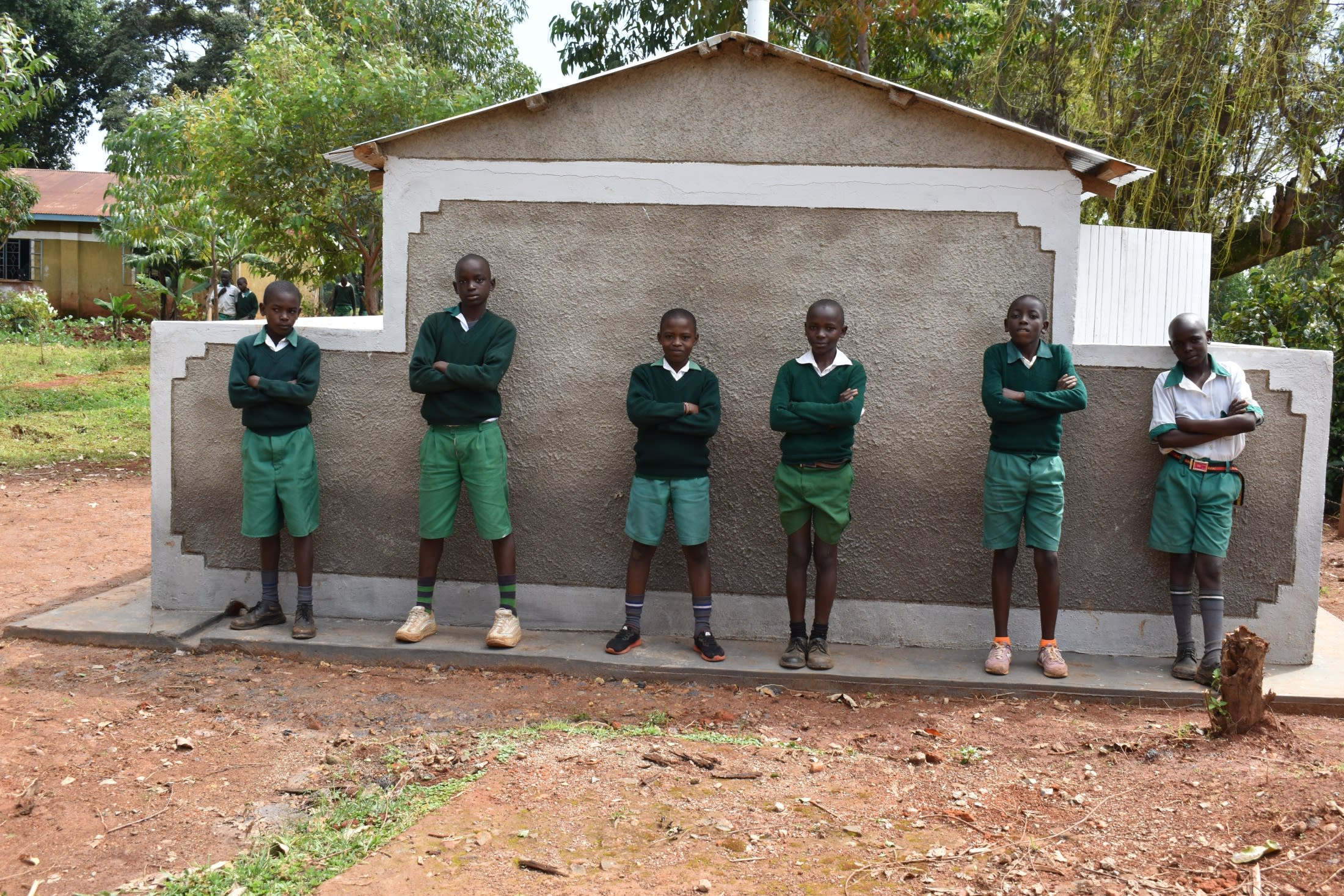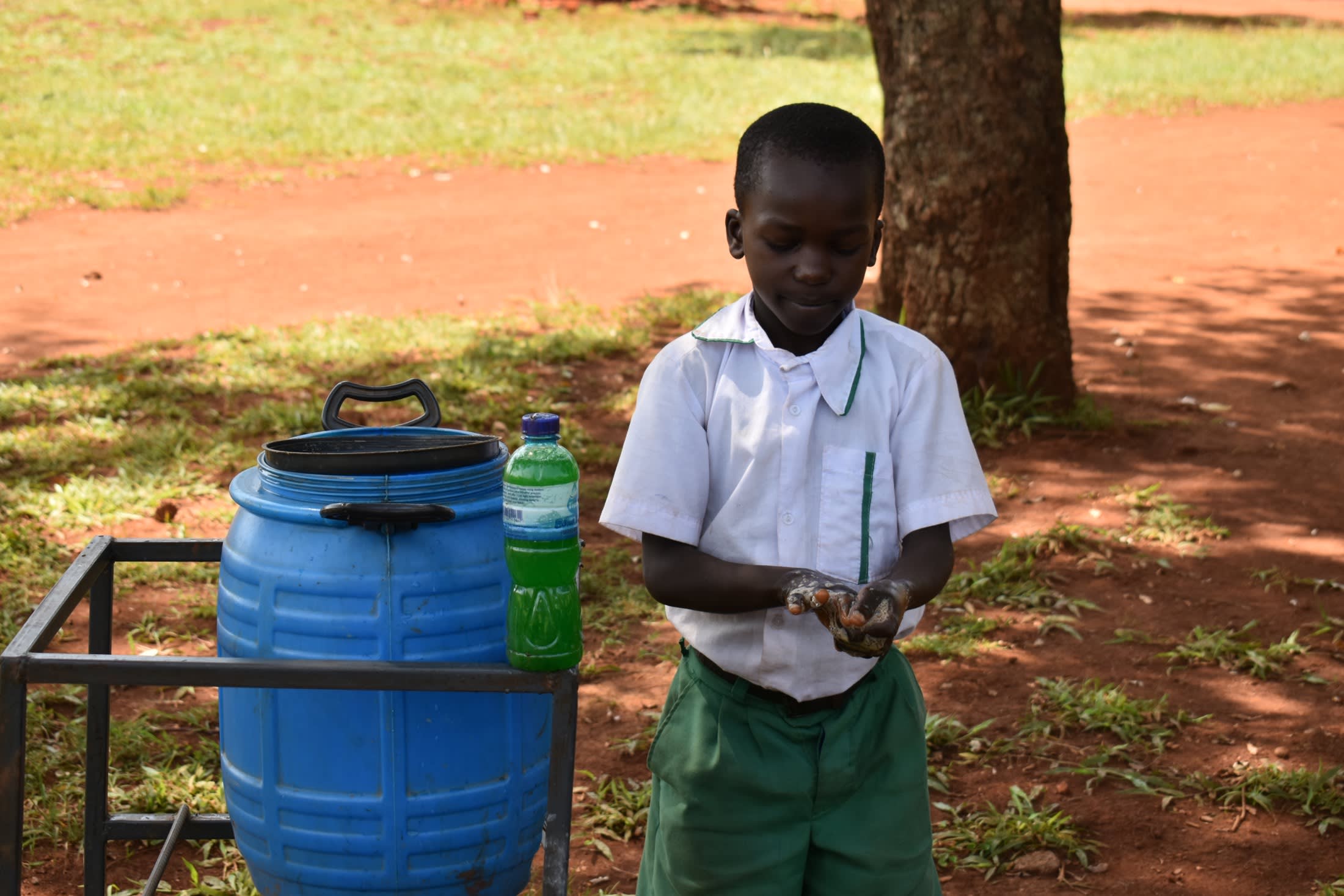Matioli Primary School prides itself on being the best performing school in the area. Over the years, the school has sent several students to top national schools, thus attracting many new students each year.
However, they still face one major challenge daily: water insecurity. For the 550 students and staff of Matioli, this limits their full potential.
They currently rely on one rainwater harvesting tank as their primary water source, but it runs dry after two days, and then they have to resort to other less reliable and safe water sources.
When it runs dry, pupils must carry water from home each morning. The protected spring where they collect water on their way to school is located far away, down a steep hill, forcing them to expend lots of energy and time fetching water and hauling it back to the school. They get tired and sometimes even end up dozing in class.

Selvine.
Selvine shared her experience: "Some of us come from quite far away. Coming to school with a 10-liter jerrican is hard. You arrive late, and you are already tired."
The children arrive late to school and are tired before beginning morning classes, which greatly impacts the teacher's ability to cover the syllabi and affects the children's long-term academic success.
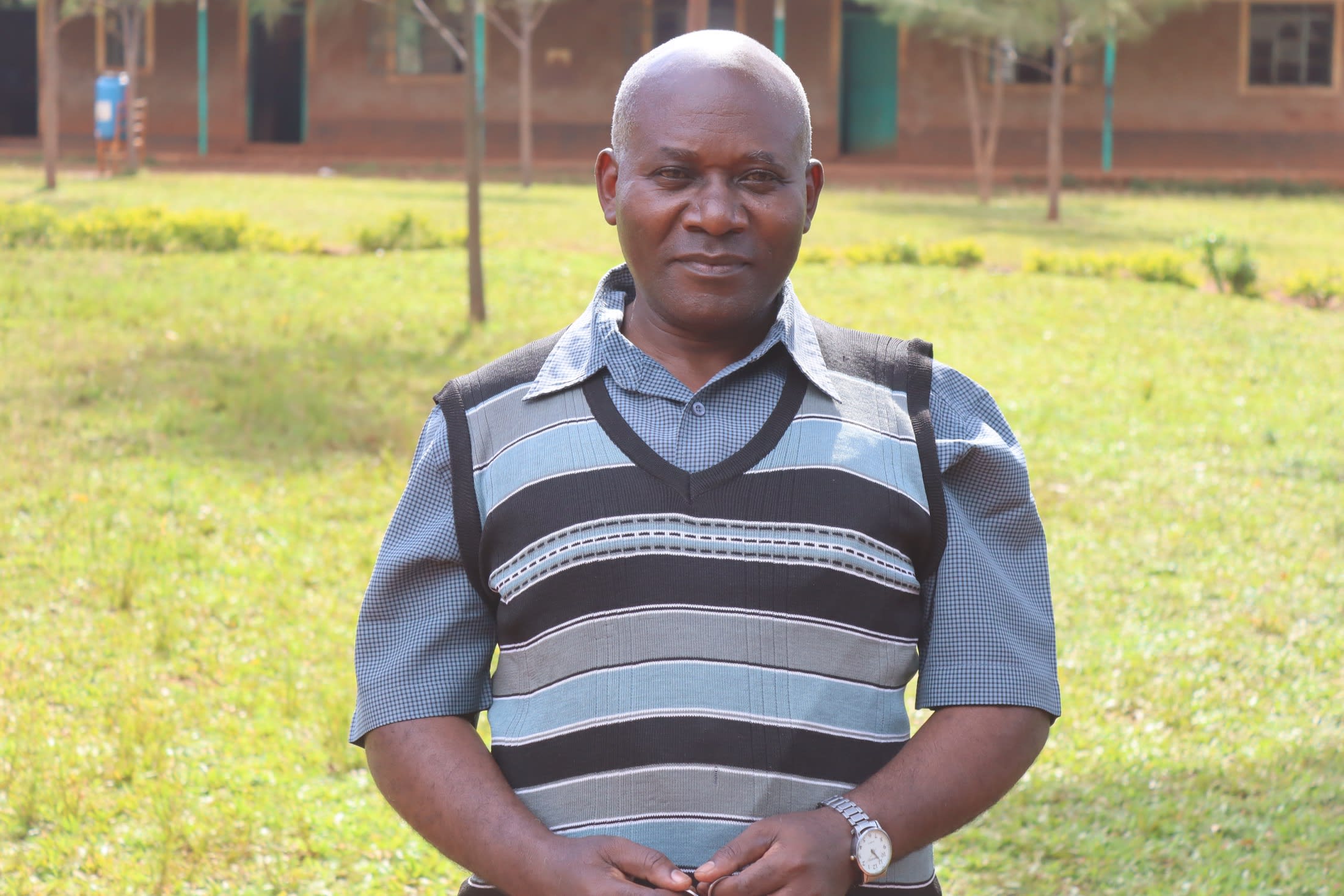
Mr. Joseph Ambani.
Joseph Ambani, the Head Teacher, said, "My students are losing the morning lessons because of fetching water. Some of them come already tired and can therefore hardly concentrate in class. This situation has greatly affected our syllabi completion timelines, which subsequently affects their academic performance."
A borehole will help students access clean and safe water within the school grounds and concentrate on their academics, leading to even brighter futures.
What We Can Do:
New Well
We conducted a hydrogeological survey at this school and the results indicated the water table beneath it is an ideal candidate for a borehole well. Due to a borehole well's unique ability to tap into a safe, year-round water column, it will be poised to serve all of the water needs for this school's large population, even through the dry months.
The school will help collect the needed construction materials such as sand, rocks, and water for mixing cement. They will also provide housing and meals for the work team, in addition to providing local laborers. We will complement their materials by providing an expert team of artisans and drilling professionals, tools, hardware, and the hand-pump. Once finished, water from the well will then be used by the school's students and staff for drinking, handwashing, cooking, cleaning, and much more.
Handwashing Stations
There is currently nowhere for students to wash their hands after using the latrines or before eating lunch, let alone the water to do so.
The student health club will oversee the two new handwashing stations we will provide, and make sure they are kept clean and in working condition. The club leaders will fill the handwashing stations with water daily and make sure they are always supplied with a cleaning agent such as soap or ash.
VIP Latrines
We will construct two triple-door latrine blocks using local materials that the school will help gather. Three doors will serve the girls and three doors will serve the boys. All of these new latrines will have cement floors that are designed to be easy to use and to clean. And with a borehole right on school property, there should be enough water to keep them clean.
Training on Health, Hygiene, COVID-19, and More
We will hold a one-day intensive training session with students, teachers, and parents. This training will cover a wide range of topics including COVID-19 symptoms, transmission routes, and prevention; personal and environmental hygiene; and the operation and maintenance of the borehole, latrines, and handwashing stations. There will be a special emphasis on handwashing.
Our team of facilitators will use a variety of methods to train, including participatory hygiene and sanitation transformation, and asset-based community development. We will initiate a student health club, which will prepare students to lead other pupils into healthy habits at school and at home. We will also lead lectures, group discussions, and provide illustrative handouts to teach health topics and ways to promote good hygiene practices within the school including handwashing and water treatment. We will then conduct a series of follow-up trainings before transitioning to our regularly scheduled support visits throughout the year.
We and the school strongly believe that all of these components will work together to improve standards at this school, which will help lead to better student academic performance and will help unlock the opportunity for these students to live better, healthier lives.

 Borehole Well and Hand Pump
Borehole Well and Hand Pump
 Rehabilitation Project
Rehabilitation Project












